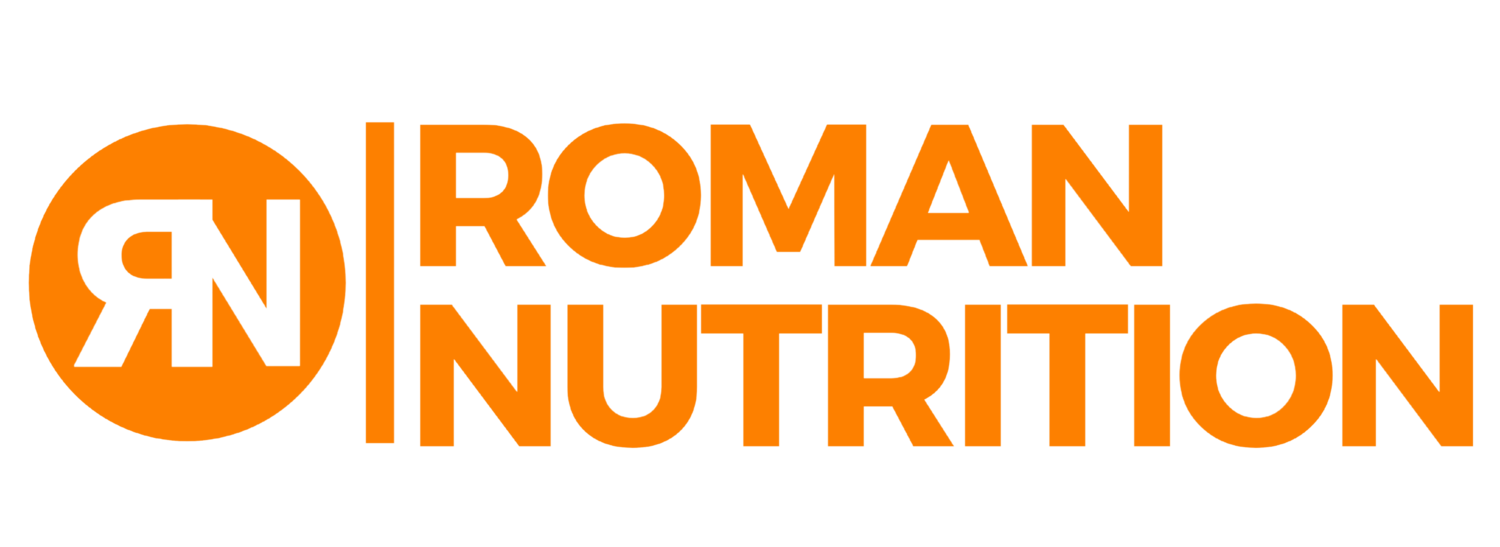Your Guide To Protein Powder Supplements For Muscle Gains
The sports supplement industry is massive and navigating the overabundance of supplements can be overwhelming. Without a doubt, the most well known out there is protein powder.
Daily Protein Requirements
The Recommended Dietary Intake (RDI) is 0.84g/kg/day, however, for those who perform resistance training with the goal of gaining muscle, a good range to aim for is 1.6-2.2g/kg/day of bodyweight.
For example, protein requirements for a 75kg athlete training 5 times per week could range between 120-165g/day. This is only a guide and protein requirements differ for everyone so it's best to seek the advice of an Accredited Sports Dietitian who can tailor to your needs.
Should You use Protein Powder?
Whilst it is recommended to meet your protein requirements from food, protein powder can serve as a convenient and cost-effective way to top up your daily protein intake. This may be particularly useful for vegans/vegetarians, people with swallowing/chewing difficulties or those with digestive issues.
If you do struggle to meet your protein needs through food alone and decide to utilise protein powder, just remember that unless it is fortified, they lack key vitamins and minerals that you would otherwise get from food.
Choosing the right protein powder for your needs
When purchasing protein powder it’s best to stick with a well-known company, and provided you buy the right type of protein powder for your needs, then you can’t go wrong. Some reputable companies that come to mind (but there's definitely more out there) are VPA, True Protein & Bulk Nutrients.
If you are a professional athlete, you will need to make sure the supplement is safe and legal to use in your sport. Sports Dietitians Australia (SDA) have a fact sheet on supplements with further information on this topic.
Different Types of Protein Powders
There are a lot of different types of protein powders on the market. Hopefully the following list of the most common types will help you choose the one that would suit you best.
Whey Protein Isolate (WPI) is the most common dairy-based protein powder, by weight, it’s ~90% protein with very little carbohydrate (lactose) & fat. WPI is the gold standard of protein powder as it has a good amino acid profile (meaning it contains all nine essential amino acids) and has a fast-absorbing rate. Due to the very little carbohydrate and fat content, WPI serves as a good quality high protein source with little calories.
Whey Protein Concentrate (WPC) is a cheaper option compared to WPI, it contains 70-80% protein by weight with more carbohydrate (lactose) and fat than WPI. This makes WPC the slightly lower protein and marginally higher calorie option between the two. Both WPC and WPI are fast-absorbing and make good sources of protein so it really boils down to personal preference as to which you decide to use.
Whey Protein Hydrolysate (WPH) is basically WPI that undergoes processing, resulting in protein that has been broken down into shorter peptides/amino acid chains. This is supposed to make WPH more rapidly digested and absorbed compared to WPI and WPC, however, there is limited research supporting its effectiveness over WPI. It’s also important to note that this further processing results in a more expensive and bitter-tasting protein powder, so I personally wouldn’t waste my money on WPH.
Casein is a protein derived from dairy and has slower digestion and absorption compared to WPI and WPC. Because of its slow-acting nature, casein can be useful during extended periods of limited food intake such as during sleep. However, drinking casein protein before you sleep isn’t necessary if you meet your total daily protein needs by evenly distributing protein intake throughout the day.
Soy Protein - If you follow a plant-based diet, soy protein is a good alternative to whey as it contains a good amino acid profile and is rapidly digested. Soy protein is also a cheaper alternative to WPI.
Pea protein is another plant-based protein powder alternative to WPI, however, its major limitation is that it is relatively low in methionine - an essential amino acid. To make it a complete source of protein, you would want to combine pea protein with another protein source high in methionine, such as rice protein.
Food Sources of Protein
Protein is found in a wide variety of foods such as meat, poultry, fish, eggs, dairy products, nuts, lentils & legumes and tofu. If you're looking to increase your muscle mass, you want to aim for around 20-30g of protein per meal to promote muscle protein synthesis. It’s also beneficial to distribute your protein intake evenly over the course of the day to optimise muscle gains.
Here are some examples of meals & snacks that contain ~20-30g of good quality protein.
BREAKFAST
3 whole eggs scrambled + 2 slices of wholemeal toast
3 Weet-Bix with 250ml Milk + 170g tub of Chobani Fit Yoghurt
LUNCH
Chicken & spinach sandwich: 80g chicken breast + 2 slices wholemeal bread
Fitness Outcomes - Grass-Fed Beef Chilli Con Carne with Brown rice & green beans
DINNER
100g cooked steak with vegetables
Chicken & vegetable stir fry: 100g cooked chicken breast
SNACK
Tuna (95g tin) with crackers + 2 slices of cheese
160g tub Yopro + Carman’s Muesli Bar
Summary
Protein powder can be a convenient way to get more protein in the day. There's a lot of different brands and types to suit your needs, however, it isn't necessary if you can meet your requirements through food alone.

